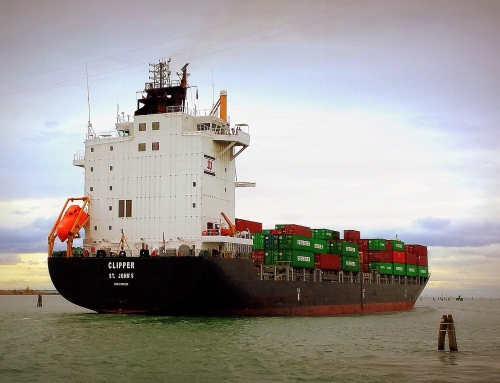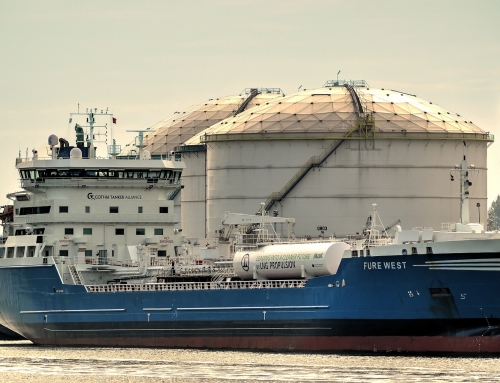On 18 October Quadrise Fuels International listed 42,500,000 new shares. These shares are worth just over £4 million, and, with a further £1million raised from additional shares offered to existing shareholders, that will make £5 million of fresh capital. This sum is very roughly equivalent to the loss contained in the Annual Report for the year to 30 June 2016, which Quadrise released last week.
That report showed £4.8 million loss after tax (year to 30 June 2015 £4.9 m) and a cash balance of £3.3 million (2015 £6.6 m) But the recent transactions show that even though Quadrise have not reported a profit since their AIM flotation in April 2006, they have been successful in raising additional finance. That suggests that what amounts to a decade of market confidence is founded on a sound business proposition, which is still sound even though there have been long delays in reaching commercialisation.
Quadrise Ltd was founded in the 1990s by a group of former BP specialists who developed new technology to produce MSAR (Multiphase Superfine Atomised Residue). Akzo-Nobel, with whom the company has recently renewed its long-term collaboration agreement, were heavily involved in the evolution of the new technology and in some ways they stand as guarantors of the technological integrity of the technology.
MSAR is a low viscosity fuel oil, a blend of heavy fuel oil (HFO) and water in the form of an emulsion which is cheaper and more environmentally-friendly than the normal blend of heavy fuel oil and other refined oil products needed to make HFO liquid enough to flow. In addition to significant cost savings, the MSAR fuel also delivers enhanced combustion and environmental benefits. Put another way, it provides a commercially viable alternative process for handling the sludge out of a barrel of crude oil without recourse to expensive additives or combination with lighter grades of hydrocarbons-thereby increasing profitability for both refiners and end users.
MSAR is designed for use in the global shipping market, as well as the power generation industry. The progressive tightening of combustion emission standards by regulatory bodies can only help the case for MSAR. But while power generators have some latitude in their choice of fuel, ship owners are virtually obliged to use some sort of fuel oil. (Open ocean marine costs typically represent 75 per cent of operating costs.)
Quadrise is pursuing commercial opportunities in both of these areas. After long delays, Maersk Lines are now conducting a 5,000 hours sea trial of MSAR, which should be completed in 2017 and the Saudis (Aramco) are in the middle of an evaluation of the advantages of using MSAR for power generation.
The financial case for MSAR is based on the price differential between HFO and distillate fuels (essentially diesel). There were concerns that the 2014 collapse in the oil price would reduce or even remove the price advantages claimed by Quadrise. But the most recent Annual report states that the differential “..has remained in the range of $155 to $235 per tonne during the financial year and the economies of MSAR Technology remain sound at these levels.”


